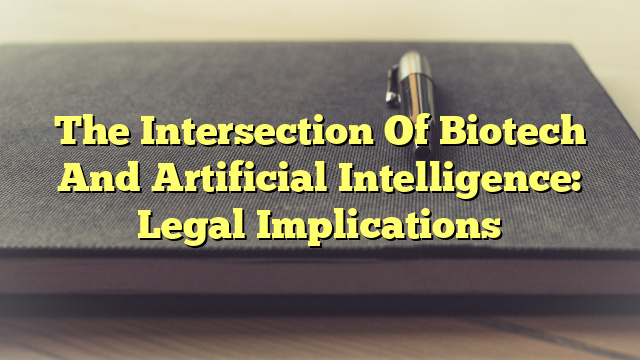Table of Contents
Legal Implications of Artificial Intelligence
Artificial intelligence (AI) has brought about a myriad of legal implications across various industries.
From concerns about data privacy and security to questions about liability and accountability, the legal
landscape is rapidly evolving to keep pace with the advancements in AI technology.
Intersection of AI and Law
The intersection of AI and law presents both challenges and opportunities. AI has the potential to
streamline legal processes, enhance research capabilities, and improve decision-making. However, it also
raises important questions about the ethical use of AI in legal settings and the need for regulations to
ensure transparency and fairness.
Impact of AI on the Legal Industry
AI is transforming the legal industry in significant ways. Legal professionals are increasingly relying
on AI tools for tasks such as contract review, legal research, and predictive analytics. While AI can
increase efficiency and accuracy, it also poses challenges related to bias in algorithms and the
interpretation of AI-generated insights.
Legal Issues in AI in Healthcare
The use of AI in healthcare presents unique legal challenges. Issues such as data privacy,
patient consent, and liability in case of AI errors are critical considerations for healthcare
providers and policymakers. Balancing the benefits of AI in improving patient outcomes with the
need to protect patient rights remains a key focus in this evolving legal landscape.
In conclusion, the intersection of biotech and artificial intelligence is reshaping the legal landscape
across various industries. As AI continues to advance, legal professionals must stay informed about the
evolving legal implications and work towards developing ethical frameworks and regulations to guide the
responsible use of AI technology.

